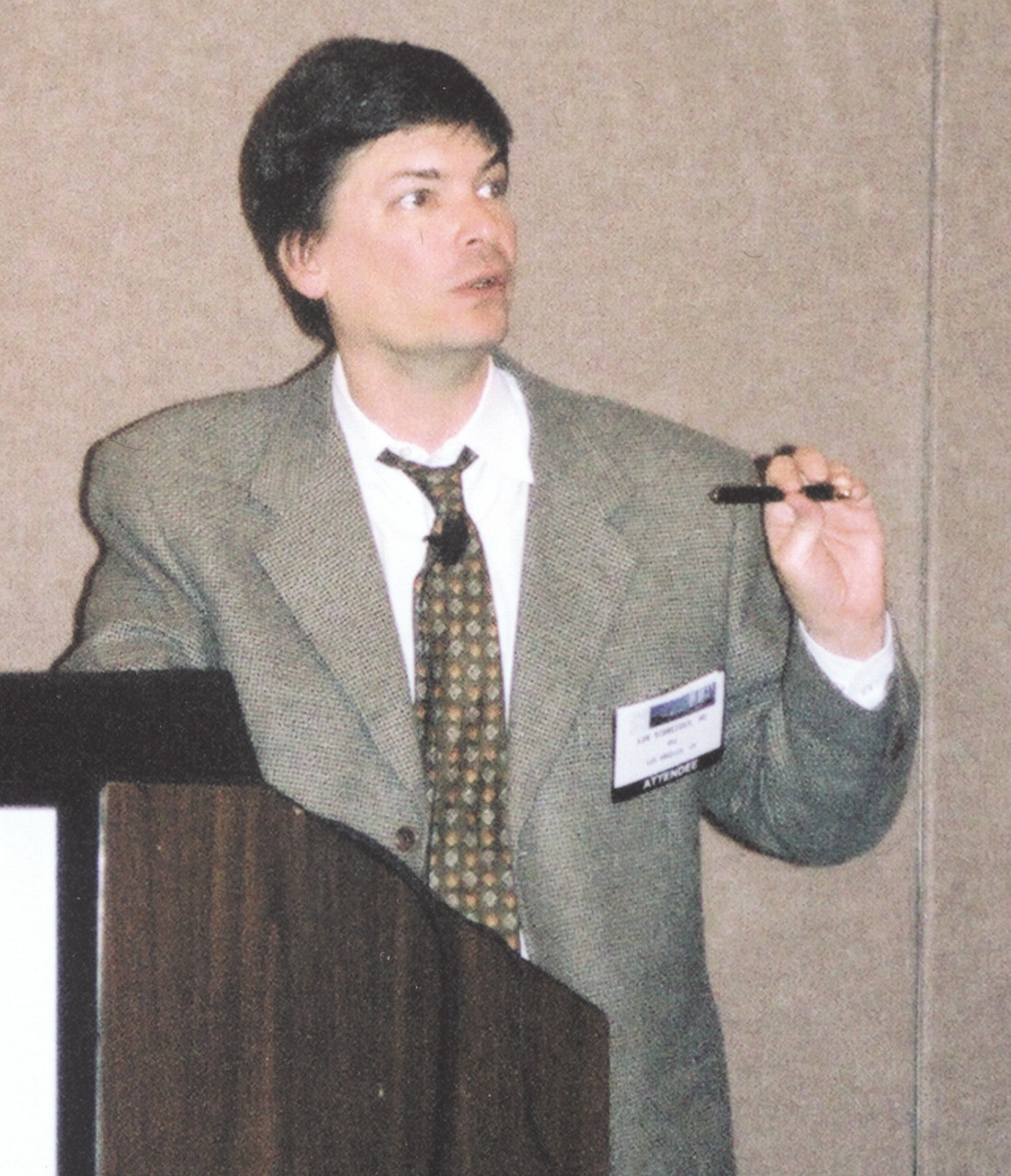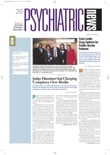The largest research study ever funded by the National Institute of Mental Health (NIMH) is now under way.
Known as the Clinical Antipsychotic Trials of Intervention Effectiveness (CATIE) program, this $42.1 million, five-year effort hopes to determine the effectiveness and safety of antipsychotic drugs under real-world conditions for treating people with schizophrenia and those with psychotic and disruptive behaviors associated with Alzheimer’s disease.
“The institute decided it really needed to change directions, or sort of elevate the level of its therapeutic research activity,” said Jeffrey A. Lieberman, M.D., a professor of psychiatry, pharmacology, and radiology at the University of North Carolina School of Medicine. NIMH determined to do so by trying to develop large-scale, clinical-trial research programs that would involve coordinating centers and a national network of clinical sites, explained Lieberman, who is the CATIE project’s principal investigator. The antipsychotic trials follow smaller projects that have evaluated the effectiveness of St. John’s wort in depression (
see story on page 14) and studies involving bipolar disorder and treatment-refractory depression.
The University of North Carolina is the NIMH contract organization, and Lieberman will serve as the overall administrator of the project while sharing responsibility for the schizophrenia arm of the study with coinvestigators at Duke University Medical Center. The Alzheimer’s disease arm of the research is being coordinated by Lon Schneider, M.D., a professor of psychiatry, neurology, and gerontology at the University of Southern California, and Pierre Tarriot, M.D., a professor of psychiatry at the University of Rochester.
Lieberman told
Psychiatric News that he will oversee nearly 50 clinical sites with a total enrollment of 1,000 patients with schizophrenia and 400 to 500 patients with Alzheimer’s disease.
“The key point here is effectiveness,” Schneider said. “Only short-term data are available now; no long-term data on clinical usefulness exist, and samples are not typically representative of the kinds of patients you have in the clinical community.”
The CATIE program, Schneider explained, will not just look at symptoms, but also improvement in the patients’ quality of life.
“The primary measure in the overall study,” said Lieberman, “is whether patients are remaining in treatment. In other words, effectiveness to a large degree depends on the treatment working well enough for the patients and their clinicians to determine that [the patients’] symptoms are being controlled sufficiently such that the drug treatment is tolerable—not producing side effects significant enough for the patient to want to stop taking it.”
Second, added Schneider, the trials are set up to test treatment algorithms. All patients who are accepted into the study will be followed for the entire period of the study, 18 months. If a patient is not responding well to a medication, either due to the emergence of intolerable side effects or because of a lack of efficacy, algorithms allow patients to be switched to a second tier of the study involving different drugs and followed further.
“In essence, CATIE is a large, real-world, long-term clinical trial,” said Lieberman. “Virtually all patients who enter the study will be accepted, except patients in their first psychotic episode or patients who are already proven to be treatment refractory.”
Lieberman estimated that about 15 percent to 18 percent of patients who enter the study will have to progress to the “second phase” and be switched to a different medication within the treatment algorithm. The study includes an interim analysis when 50 percent of the patients have reached a midpoint in the study’s timeline. At this point, the researchers will take a preliminary look at both efficacy and safety questions.
“What we are striving for,” Schneider concluded, “is that we use these medications because we believe and we have some limited clinical evidence that they are effective and necessary. We would like to be able to more fully describe how they are useful, so that both payers and clinicians as well as regulatory authorities may further appreciate them.”
More information on CATIE is posted on the Web at www.catie.unc.edu.▪


